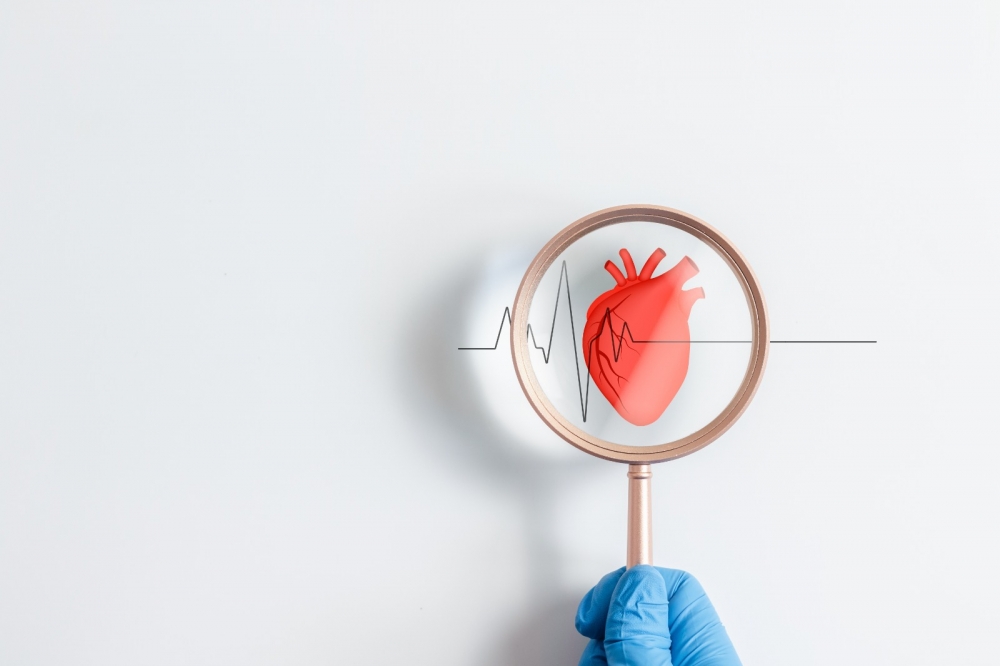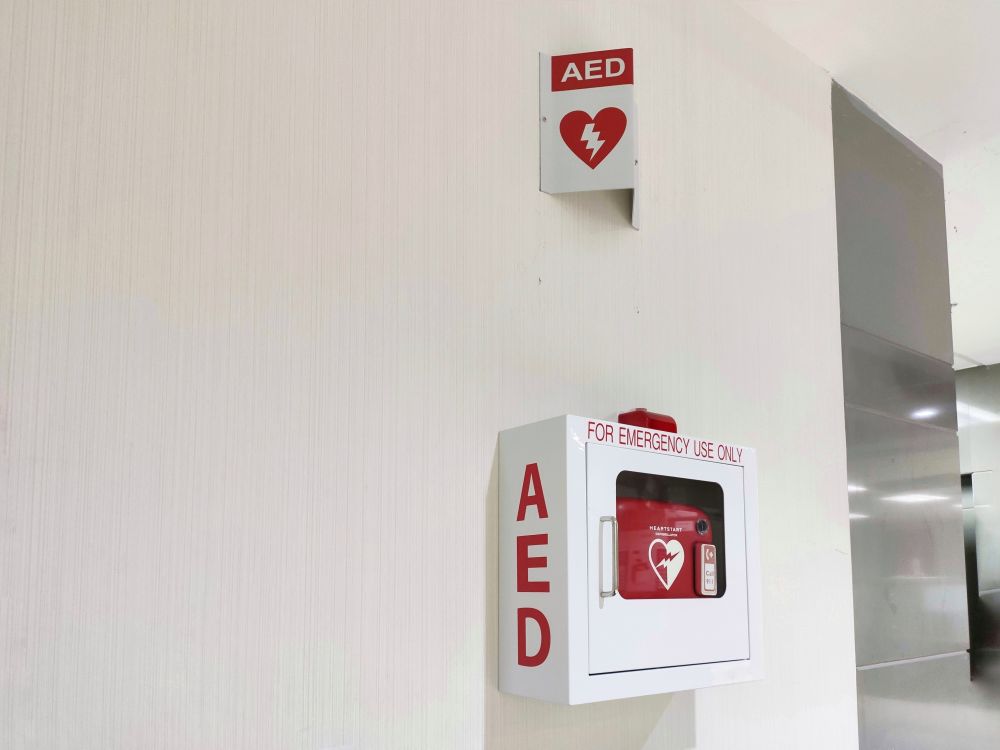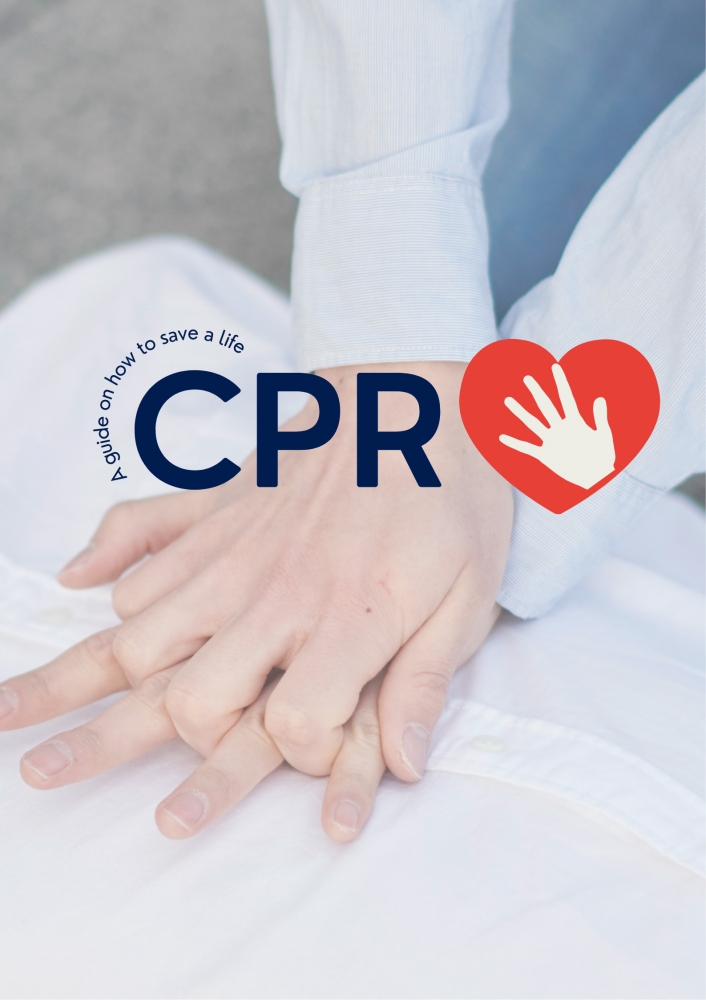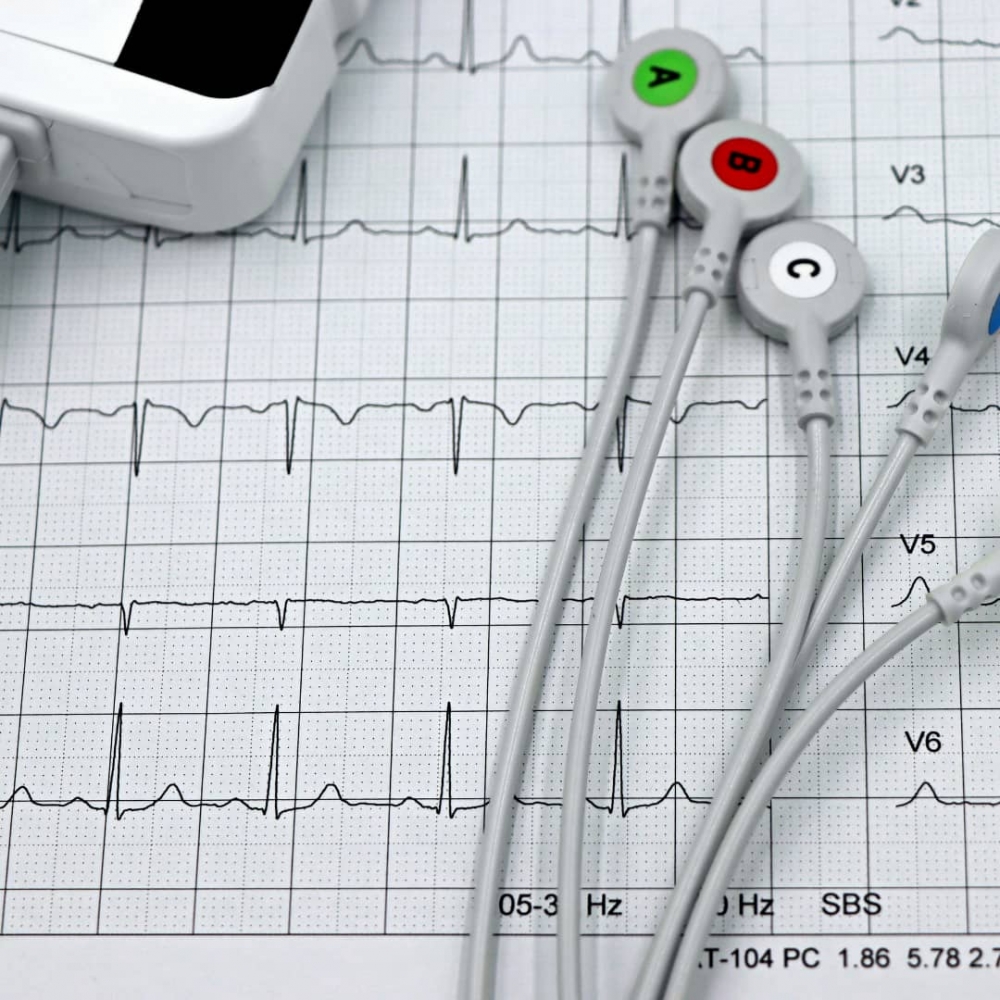Does Sugar Feed Cancer?

When it comes to cancer, myths and misconceptions often cloud understanding. Among these, the belief that sugar directly feeds cancer and accelerates its growth is widespread. To clarify this myth and provide actionable insights, we turn to Dr. Hafizah, Consultant Oncologist at Sunway Medical Centre Velocity. In this article, we dive into the connection between sugar and cancer, shedding light on the facts while offering practical tips for reducing cancer risks. Let’s uncover the truth.

Does Eating Sugar Make Cancer Grow Faster?
A common fear is that consuming sugar “feeds” cancer cells, causing them to grow faster or worsen. While it’s true that cancer cells consume more glucose than normal cells due to their rapid growth rate, this doesn’t mean that eating sugar directly causes cancer cells to proliferate. Cancer cells rely on glucose as their primary energy source, just like normal cells. However, cutting sugar from your diet won’t ‘starve’ cancer cells or halt their growth.
It’s important to understand that all cells in the body, including cancer cells, need glucose for energy. Eliminating sugar entirely from your diet would deprive your body of a critical energy source, potentially leading to nutritional imbalances. Instead of focusing on complete sugar elimination, maintaining a balanced diet that prioritizes whole, nutrient-dense foods is key.
How Does Sugar Contribute to Cancer Risk?
Although sugar itself doesn’t directly feed cancer cells, excessive sugar consumption can indirectly increase cancer risk. A diet high in added sugars contributes to weight gain and obesity, which are well-established risk factors for several cancers, including breast, colon, and endometrial cancers. Excess weight creates a pro-inflammatory environment in the body, which can promote cancer development.
“Sugar isn’t the direct cause of cancer, but the lifestyle factors associated with excessive sugar intake, such as obesity and poor diet quality, significantly elevate cancer risk,” notes Dr. Hafizah. Beyond cancer, a diet high in sugar can also lead to other chronic conditions like type 2 diabetes and heart disease, compounding health risks.
At Sunway Medical Centre Velocity, our Oncology team emphasizes the importance of a comprehensive approach to cancer prevention, focusing on maintaining a healthy weight, regular screenings, and balanced nutrition.
What Should You Eat to Lower Cancer Risk?
Lowering your cancer risk isn’t just about avoiding sugar; it’s about adopting an overall healthy lifestyle. It is recommended to prioritise a diet rich in fruits, vegetables, whole grains, and lean proteins. These nutrient-dense foods are packed with antioxidants, vitamins, and minerals that help support the immune system and combat oxidative stress, a factor in cancer development.
Instead of obsessing over eliminating sugar, aim for a balanced diet that fuels your body with the nutrients it needs to function optimally. Foods like leafy greens, berries, nuts, and fish can provide essential nutrients that promote cellular health and help reduce inflammation. Limiting sugary beverages and processed foods is an effective strategy to reduce caloric intake while maintaining a diverse and healthy diet.
Learn more about how we can support your journey to better health with our Oncology Services.
Why Maintaining a Healthy Weight Matters

Obesity is a significant cancer risk factor that is closely tied to sugar intake. Carrying excess weight, particularly around the abdomen, can lead to hormonal imbalances and chronic inflammation, both of which are associated with increased cancer risk. Regular exercise, combined with a nutrient-rich diet, plays a pivotal role in maintaining a healthy weight and reducing overall cancer risk.
Incorporating physical activity into daily routines doesn’t have to be complicated. Activities like brisk walking, yoga, or swimming can complement a balanced diet and help achieve long-term health benefits. Maintaining a healthy weight is not just about appearance—it’s about reducing your risk for numerous health conditions, including cancer.
Myth Busting: What the Experts Say
Many myths around sugar and cancer stem from misunderstandings of how cancer cells function. While it’s true that cancer cells consume glucose more rapidly than normal cells, they also rely on other nutrients like fats and amino acids for energy. This means that no single dietary change can completely prevent or cure cancer.
Dr. Hafizah shares the importance of evidence-based information: Patients often feel overwhelmed by dietary restrictions. Our goal is to provide clear, actionable advice that empowers individuals to make healthy choices without unnecessary fear.
For further guidance, visit our Oncology page to explore expert insights and personalised care plans.
Key Takeaway: Balance Is Key
Sugar doesn’t directly feed cancer, but lifestyle choices associated with excessive sugar consumption—such as obesity and a poor diet—can elevate your risk. By focusing on a balanced diet, regular exercise, and maintaining a healthy weight, you can take proactive steps toward reducing your cancer risk and improving overall well-being.
Ending Note
Remember: Sugar isn’t the enemy, but maintaining a healthy lifestyle is the best way to protect yourself. Reach out to our Oncology team today if you have concerns about cancer. We are here to support you in every step of your health journey.
KembaliSuggest to Read









